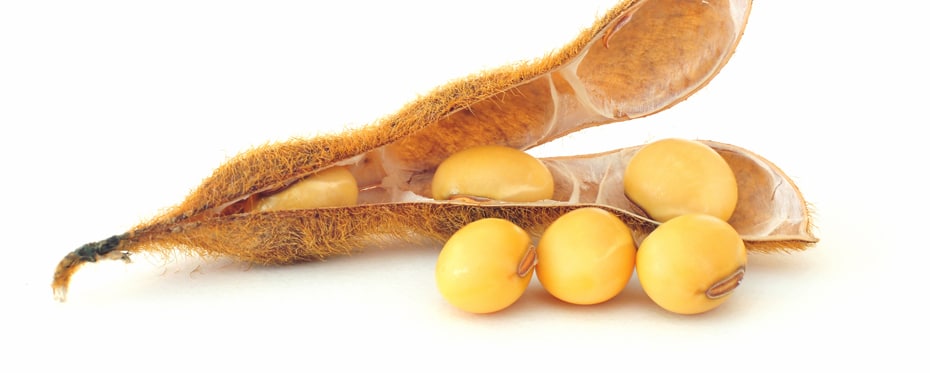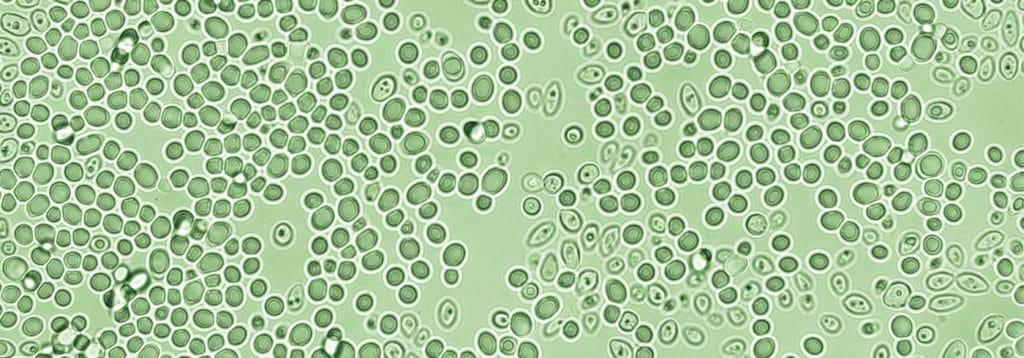Tag: genetics
Barth syndrome: A potential treatment for a rare disease

Barth syndrome is a rare disorder in males caused by a variant of the gene TAFAZZIN. It affects the metabolism of the fat molecule cardiolipin in mitochondria, resulting in the dysfunction of skeletal muscle and the heart. The syndrome doesn’t have a specific therapy, so patients who suffer from it have health problems their entire lives and are more likely […]
Read More… from Barth syndrome: A potential treatment for a rare disease
Using genetics to guide treatment of arterial hypertension with Rostafuroxin

Primary hypertension is a major health concern and can cause serious cardiac, renal and brain complications responsible for about 10% of worldwide health burden and costs. The development of hypertension is triggered by genetic factors that, in turn, are modulated by biological and environmental factors. Many drugs are available for the treatment of hypertension, but none target the underlying genetic […]
Read More… from Using genetics to guide treatment of arterial hypertension with Rostafuroxin
Strength in difference: Genetic distance and heterosis in China

Cross-breeding between different species or populations can cause “hybrid vigour”, or heterosis, resulting in offspring who are genetically fitter than their parents. While this phenomenon is widely recognised in some plants and animals, it is poorly understood in humans. In recent work, Dr Chen Zhu of China Agricultural University, along with her colleagues Dr Xiaohui Zhang, Dr Qiran Zhao and […]
Read More… from Strength in difference: Genetic distance and heterosis in China
High-throughput fluorescent sequencing of biomolecules within their cellular environment

Understanding the molecular diversity within healthy or diseased tissues is crucial for the diagnosis and treatment of diseases and for gaining a better understanding of fundamental biological processes. Biological tissues contain thousands of different molecules, yet conventional staining looks at only a few at a time because it relies on a limited number of dyes. Prof George Church and Dr […]
Growing soybean in Canada: Collaborative genomics research

The collaborative research initiative, SoyaGen, was launched officially in October 2015 to develop soybean as a valuable and viable crop in Canada. François Belzile and Richard Bélanger of the Université Laval, Québec, co-lead this ambitious project involving six research institutions. Supported by Genome Canada, Génome Québec, the Western Grain Research Foundation and fourteen other partners, the project also includes grower […]
Read More… from Growing soybean in Canada: Collaborative genomics research
Increasing personalisation in scientific college courses

In the U.S., women and minorities are severely underrepresented in the science, technology, engineering, and maths (STEM) workforce. Nationwide, and only 40% of students who enrol in a STEM course complete their training. Dr Aditi Pai is exploring the challenge of making undergraduate biology more engaging with the aim of increasing student success. Instead of the traditional approach which uses textbook […]
Read More… from Increasing personalisation in scientific college courses
Extinct giants, a new wolf and the key to understanding climate change

After its last excavation in the 1970s, a group of palaeontologists, genetics experts and cavers led by vertebrate palaeontologist and mammalian carnivore specialist Dr Julie Meachen of Des Moines University, have re-opened excavations at Natural Trap Cave (NTC) in North America. During this project, Dr Meachen hopes to uncover the secrets of the mass extinction of the last ice age […]
Read More… from Extinct giants, a new wolf and the key to understanding climate change
From beer to brains: how yeast molecular genetics prove the importance of introns

Scientific discoveries often come from the most unlikely of places, and Dr Tracy Johnson’s work is no exception. Using a yeast system typically used to make beer or bread, Dr Johnson and her team at UCLA have uncovered important genetic findings that could highlight the importance of intron retention during gene expression. Her research looks at the science of gene […]
Read More… from From beer to brains: how yeast molecular genetics prove the importance of introns